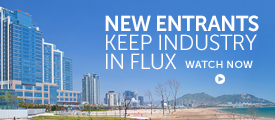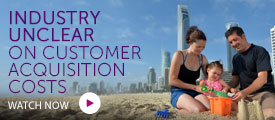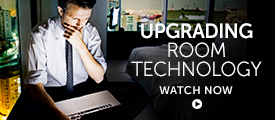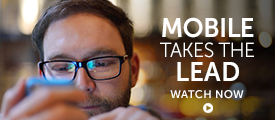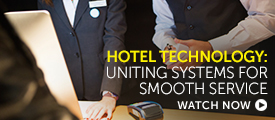Last year Amazon entered and left the hotel booking sphere in a matter of months. The hospitality industry is in flux with new players of all kinds entering the hospitality industry at different angles.
Google has also made several ventures into hospitality with its now defunct hotel finder page, and more recently added hotel booking function on Google Maps.
When companies from outside the industry enter hospitality, this brings new challenges and opportunities. In these videos hospitality experts share their reactions to new entrants:
In April 2015 Amazon opened its amazon.com/destinations page, on which customers could browse and book accommodation form a variety of brands. However, this service was stopped just six months layer on 13 October 2015. No reason was given but a message was placed on the website and booking that had already been made where honoured. This was not the only change in Amazon’s business last year, in December Amazon Local also stopped its daily deals.
Google has made several ventures into hospitality with its hotel finder, and Google Hotel Ads through which hospitality companies can buy ad space that appears globally on google.com and Google Maps, wherever customers look for hotels.
A search for a hotel on Google Maps brings up a list of hotel and price estimates, in the side bar and on the map. An extra search bar allows the user to select holiday dates and then click through to a hotel site to complete the booking.
With these frequent changes, and more sure to come from big digital players, the industry must continue to keep its eyes open and be ready to adapt.
Video clips produced by ybc.tv for the Hospitality Channel, including interview from industry conferences such as the IHIF conference as well as specific Hospitality Channel shoots.
